In recent years, the domestic airline industry in India has witnessed unprecedented growth. The advent of new local airlines, coupled with a
In recent years, the domestic airline industry in India has witnessed unprecedented growth. The advent of new local airlines, coupled with a significant drop in airfares, has made air travel more accessible and appealing to a broader section of the population. The increasing number of passengers opting for air travel can be attributed to a variety of factors, including the rise of low-cost carriers, an efficient and user-friendly booking system, attractive ticket offers, and flexible flight schedules. Today, comparing flight tickets online to secure the best deals is easier than ever before.
This article provides an extensive overview of the domestic airlines operating in India in 2024, with detailed information on their services, fleet, and benefits. We will delve into the specifics of each airline to help you make informed decisions when choosing your next domestic flight.
List of Domestic Airlines in India
The primary factors to consider when choosing an airline are the cost of the flight ticket, flight timeliness, and leg space. Below is a table summarizing the key details of the mainline airlines in India:
| Airline | Founded | Hub(s) |
|---|---|---|
| Air India | 1932 | Delhi, Mumbai |
| Air India Express | 2005 | Kochi |
| AIX Connect | 2013 | Bengaluru |
| Akasa Air | 2021 | Bengaluru, Mumbai |
| IndiGo | 2005 | Delhi, Mumbai, Bengaluru, Hyderabad, Kolkata, Chennai |
| SpiceJet | 2004 | Delhi, Hyderabad |
| Vistara | 2013 | Delhi, Mumbai |
| Go First | 2005 | Delhi, Mumbai |
Table of Contents
Toggle1. AIX Connect
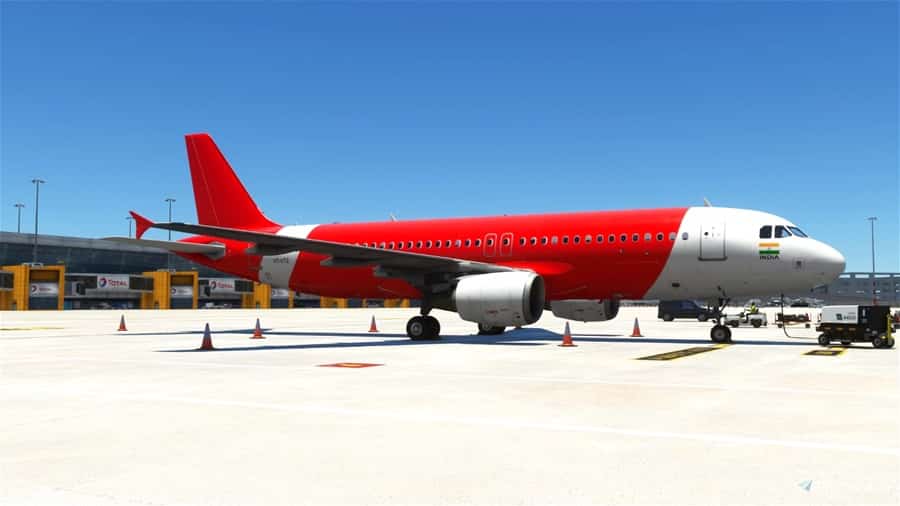
AIX Connect, formerly known as AirAsia India, is headquartered in Bangalore, Karnataka. Initially a collaborative effort between AirAsia Investment Limited and Tata Sons, Tata Sons eventually acquired full control of the airline. AIX Connect began operations in 2014, with Bangalore serving as its primary hub.
Services and Benefits
- Punctuality: AIX Connect flights are renowned for their punctuality.
- Extensive Network: It is one of the country’s largest carriers in terms of passengers carried and routes served, with a strong presence in South and East India.
- Frequent Flights: The airline operates frequent flights on all main routes, ensuring confirmed reservations and direct flights connecting major metro cities throughout the day.
- Cancellation Policy: If AIX Connect cancels a flight, passengers can opt for a full refund or rebook on the next available flight.
- Fly Porter Service: This service handles luggage transport from door to door, available in Delhi, Hyderabad, and Bengaluru.
- Car Rental Partnership: Through a partnership with Avis, passengers can book a variety of vehicles, including SUVs, sedans, and hatchbacks, with options for self-drive or chauffeur-driven rentals.
2. Air India
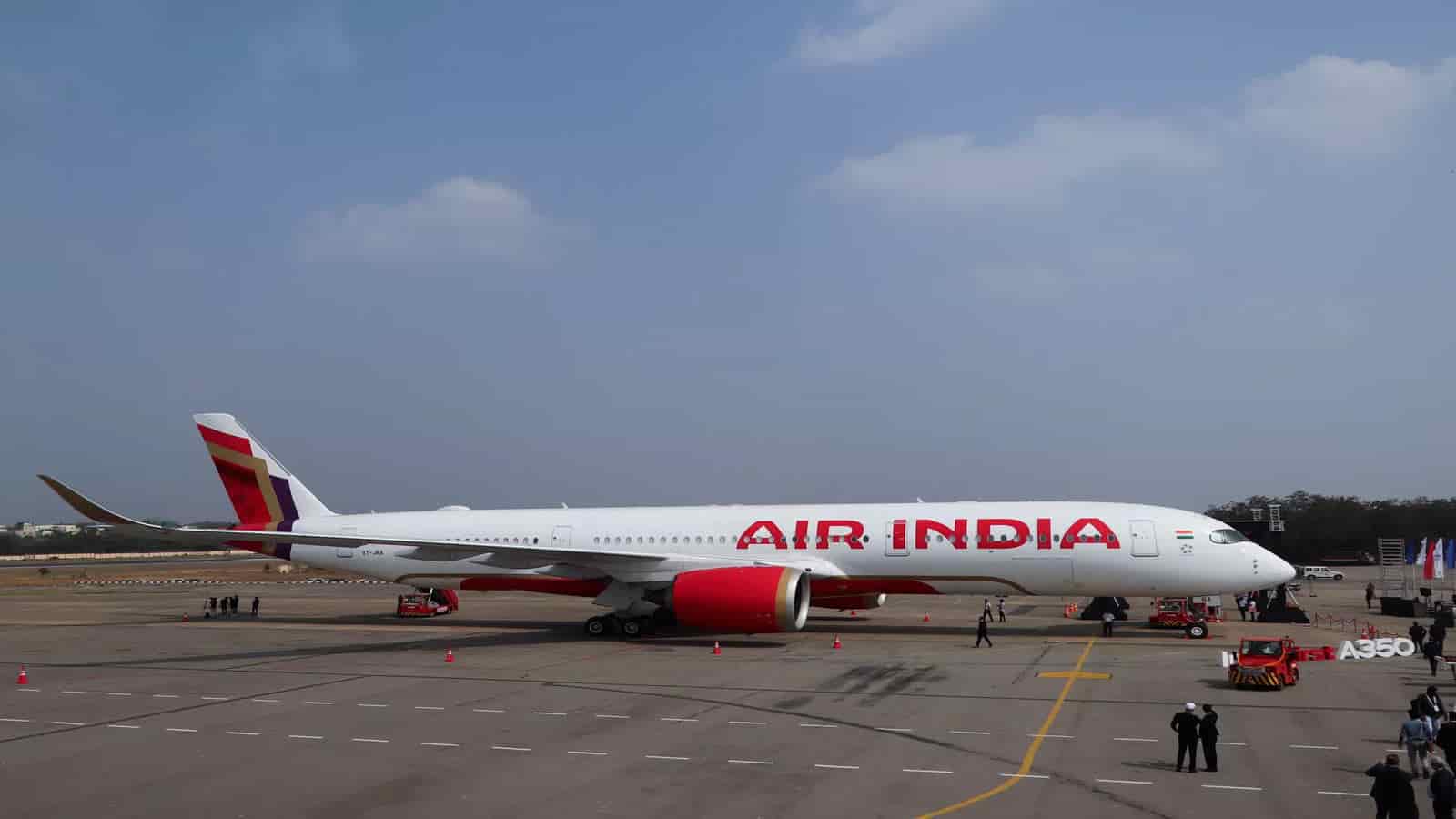
Air India, originally founded as Tata Airlines in 1932, is headquartered in New Delhi. The airline boasts an extensive network both domestically and internationally, operating a fleet of Airbus and Boeing aircraft. After a government sale, Talace Private Limited, a wholly-owned subsidiary of Tata Sons, now owns Air India.
Services and Benefits
- Extensive Network: Air India offers a wide range of domestic and international flights.
- Class Options: The airline provides three classes: first class, executive class, and economy class.
- In-flight Entertainment: Passengers can enjoy a variety of television shows, music, and movies in English and Hindi.
- Meal Service: Complimentary meals are served on all flights lasting more than 90 minutes, with different options based on the time of day.
- Frequent Flights: The airline operates frequent flights on major routes, making it easy to find direct flights for domestic and international travel.
3. IndiGo Airlines
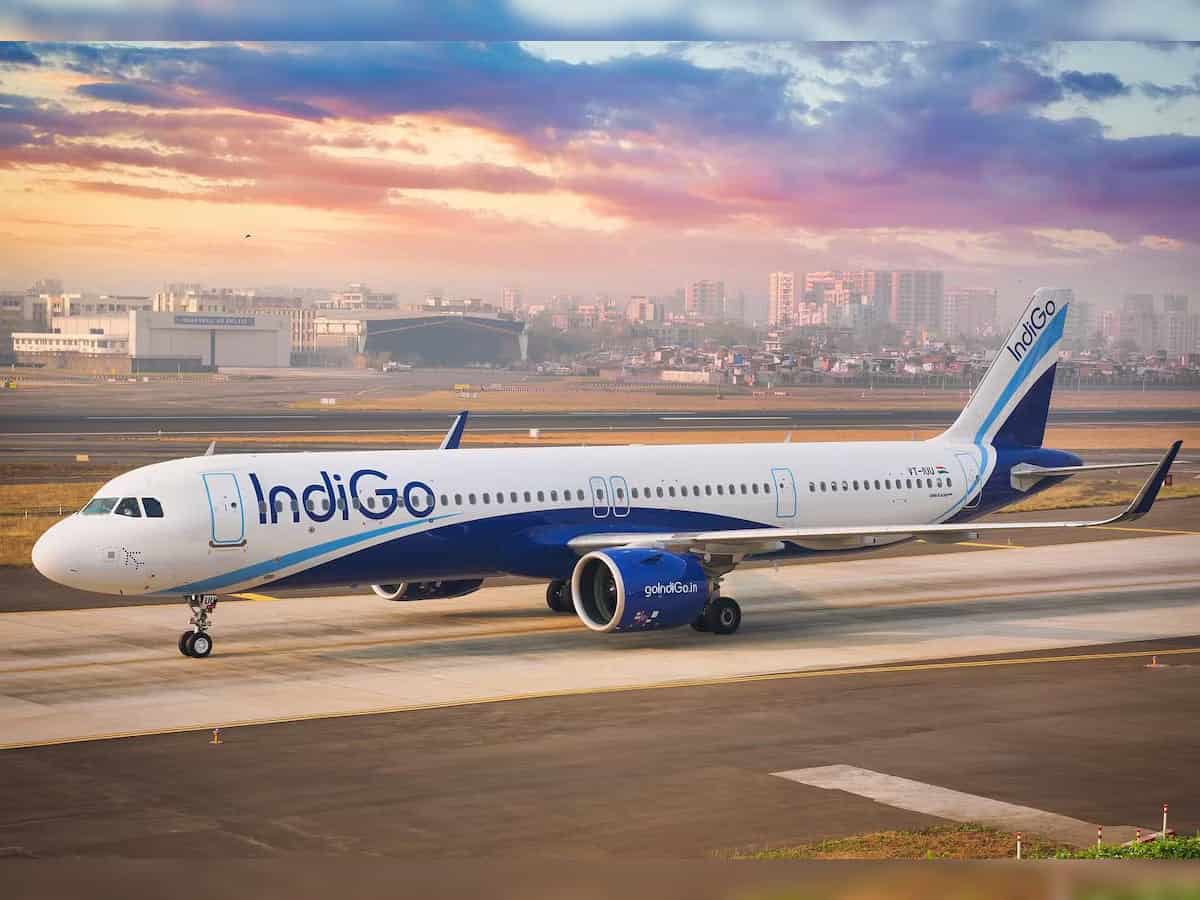
IndiGo Airlines, established by Rahul Bhatia of InterGlobe Enterprises and Rakesh Gangwal in 2006, is one of India’s most popular low-cost carriers. The airline went public in 2015 and operates a fleet of Airbus A320neo, A321neo, and soon, Airbus A321XLR aircraft.
Services and Benefits
- Low Fares: IndiGo is renowned for its competitive pricing and extensive network.
- In-flight Purchases: While no complimentary meals are provided, passengers can purchase food and souvenirs from a comprehensive in-flight menu.
- Punctuality: IndiGo is known for its on-time performance.
- Priority Services: Despite offering only economy class seating, the airline provides priority services such as pre-assigned seats and priority check-in.
4. SpiceJet Airlines

SpiceJet, an economical airline launched in 2005, originally started as an air taxi provider named ModiLuft in 1994. Indian businessman Mr. Ajay Singh took over in 2004 and rebranded it as SpiceJet. The airline is headquartered in Gurugram and operates 306 flights daily to 64 destinations, including 54 in India and 15 abroad.
Services and Benefits
- Broad Network: SpiceJet connects major destinations in India and overseas.
- Frequent Flights: The airline offers frequent flights at reasonable prices.
- Discounts for Defence Personnel: Special rates are available for defence personnel.
- Family Fare Savings: Discounts are offered for group bookings of 4 to 9 passengers on the same PNR.
5. Vistara Airlines
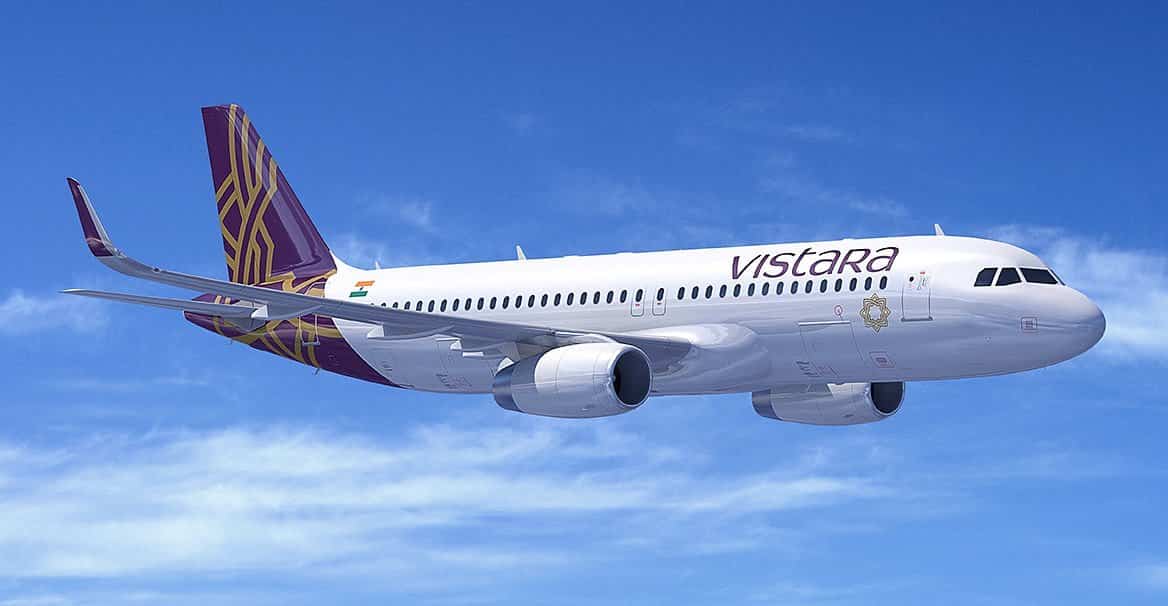
Vistara, a partnership between Singapore Airlines and Tata Sons, began operations in 2015. Headquartered at Indira Gandhi International Airport in Delhi, Vistara became the first Indian airline to offer premium economy seating. A merger with Air India is expected to be completed by mid-2025.
Services and Benefits
- Three Cabin Classes: Economy, premium economy, and business classes ensure a customized experience for passengers.
- Extensive Network: Vistara operates flights to 21 popular cities in India.
- Comprehensive Food and Beverage Options: Passengers can enjoy a wide selection of meals and beverages.
6. Air India Express
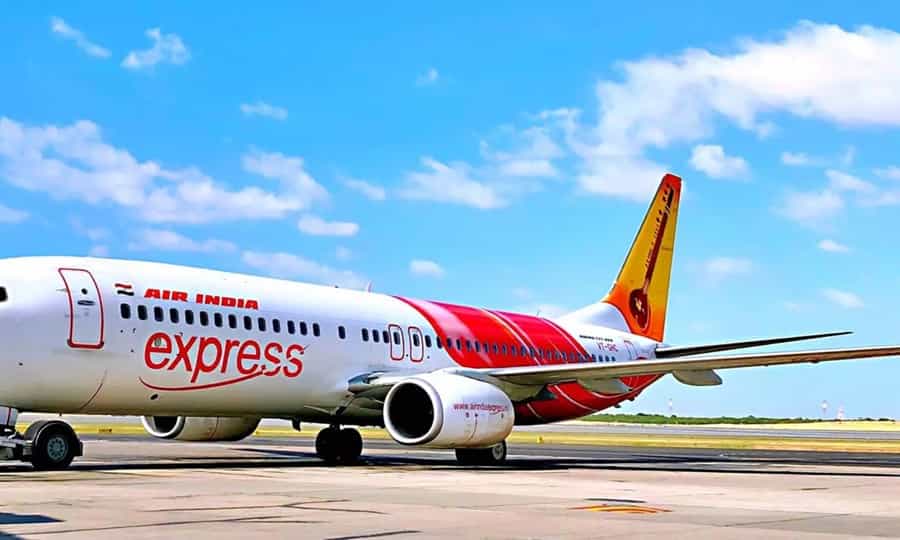
Air India Express, a low-cost airline based in Kochi, Kerala, began operations on April 29, 2005. It operates as a fully-owned subsidiary of Air India, with a fleet of Boeing 737-800 aircraft. The airline operates 649 weekly flights to 33 destinations in Southeast Asia and the Middle East.
Services and Benefits
- Complimentary Refreshments: All passengers receive complimentary refreshments and mineral water.
- Baggage Allowance: Passengers can enjoy a certain amount of free baggage depending on the destination.
- Onboard Purchases: Reading material, snacks, and other entertainment options are available for purchase.
7. Akasa Air

Akasa Air, launched by Vinay Dube and Aditya Ghosh with investor Rakesh Jhunjhunwala holding a 46% share, began operations with a fleet of Boeing 737 Max 8 and 737 Max 200 aircraft. The airline currently operates 14 aircraft to 12 locations and has placed orders for an additional 56 aircraft.
Services and Benefits
- In-flight Catering: Café Akasa offers a variety of food options for passengers.
- Flexi Premium Services: Priority check-in, seating, meal service, and reduced fees for date changes and cancellations are available to customers.
8. Go First
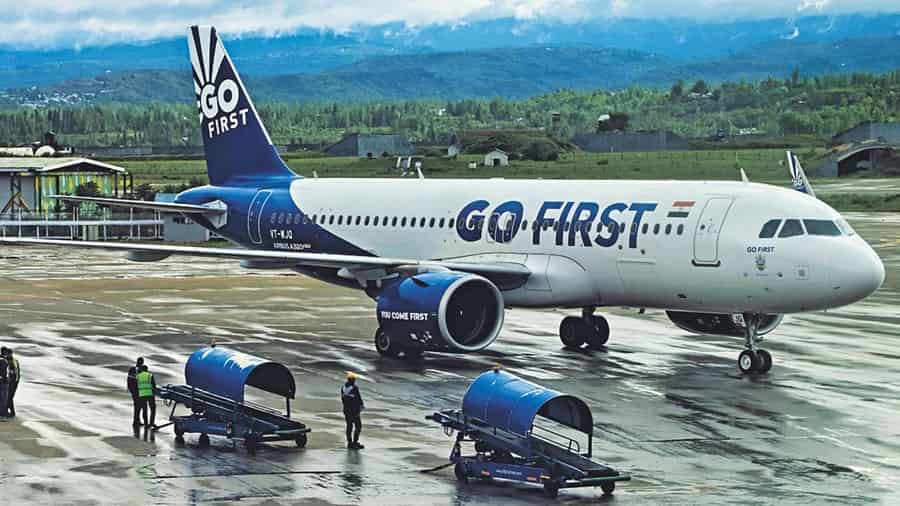
Go First, formerly known as GoAir, is a prominent low-cost carrier in India, founded in November 2005. Headquartered in Mumbai, the airline has established itself as a reliable choice for affordable air travel in the domestic and international sectors.
Services and Benefits
- Affordable Fares: Go First offers competitive pricing, making air travel accessible to a wide range of travelers.
- Punctuality: Known for its on-time performance, ensuring passengers reach their destinations reliably.
- Modern Fleet: Operates Airbus A320neo aircraft, known for fuel efficiency and passenger comfort.
Additional Information and Insights
Growth of Low-Cost Carriers
The proliferation of low-cost carriers (LCCs) has significantly transformed the Indian aviation market. These airlines, such as IndiGo, SpiceJet, and Air India Express, have made air travel more affordable by offering no-frills services, thereby appealing to a broader segment of the population. The competitive pricing strategies of LCCs have forced full-service carriers to re-evaluate their pricing models and service offerings.
Technological Advancements
The adoption of advanced technology has played a crucial role in the growth of domestic airlines in India. Innovations in online booking systems, mobile apps, and automated check-in kiosks have streamlined the passenger experience, making air travel more convenient. Airlines are increasingly investing in digital platforms to enhance customer service and operational efficiency.
Sustainable Aviation
Environmental sustainability is becoming a key focus area for Indian airlines. Initiatives such as adopting fuel-efficient aircraft, optimizing flight routes, and reducing carbon emissions are being implemented. Airlines like IndiGo and Air India are exploring sustainable aviation fuel (SAF) options to minimize their environmental impact.
Impact of the COVID-19 Pandemic
The COVID-19 pandemic had a profound impact on the aviation industry globally, and India was no exception. However, the sector has shown resilience and a strong recovery trajectory. Domestic travel demand rebounded quickly, driven by pent-up demand and government initiatives to revive the industry. Airlines have implemented stringent health and safety protocols to ensure passenger safety and restore confidence in air travel.
Future Outlook
The future of domestic aviation in India looks promising, with continued growth expected in passenger traffic and fleet expansion. The government’s push for infrastructure development, including the construction of new airports and the expansion of existing ones, will further bolster the industry’s growth. Additionally, the privatization of Air India and its subsequent merger with Vistara are expected to create a more competitive and efficient market landscape.
FAQs on Domestic Airlines in India
Q-1: What are the major domestic airlines in India?
Ans: Major domestic airlines in India include IndiGo, Air India, SpiceJet, Vistara, and GoAir.
Q-2: How early should I arrive at the airport for a domestic flight?
Ans: It is recommended to arrive at least 2 hours before departure for domestic flights.
Q-3: What is the baggage allowance for domestic flights?
Ans: Baggage allowance varies by airline but typically includes 15 kg for checked baggage and 7 kg for carry-on.
Q-4: Can I carry electronic devices on domestic flights?
Ans: Yes, electronic devices like laptops and smartphones are allowed but must be turned off during takeoff and landing.
Q-5: Are meals provided on domestic flights?
Ans: Some airlines provide complimentary meals, while others offer buy-on-board options.
Q-6: What is the process for checking in for a domestic flight?
Ans: Passengers can check in online, at self-service kiosks, or at the airline’s check-in counters.
Q-7: Do domestic airlines in India offer in-flight entertainment?
Ans: Some airlines offer in-flight entertainment, either via personal screens or streaming to your device.
Q-8: Can I reschedule or cancel my domestic flight?
Ans: Yes, but fees may apply depending on the airline’s policy and fare type.
Q-9: Are there special assistance services available for disabled passengers?
Ans: Yes, airlines provide assistance services; it’s best to inform the airline in advance.
Q-10: What documents are required for a domestic flight in India?
Ans: A valid photo ID such as a passport, Aadhaar card, voter ID, or driver’s license is required.
Conclusion
The domestic airline industry in India has come a long way, offering a variety of options to suit different travel needs and budgets. From full-service carriers like Air India and Vistara to low-cost carriers like IndiGo and SpiceJet, passengers have a wide range of choices. The industry’s growth is supported by technological advancements, competitive pricing, and a strong focus on customer experience. As air travel continues to evolve, passengers can look forward to more efficient, affordable, and environmentally sustainable options in the years to come.
Suggested to Read:
COMMENTS